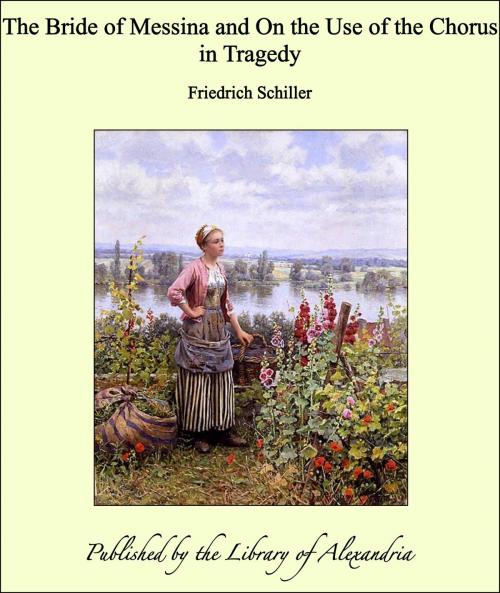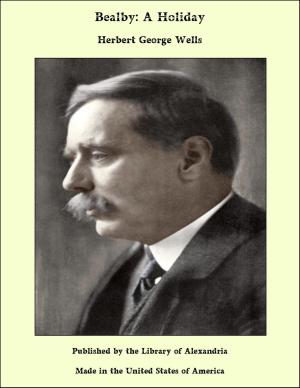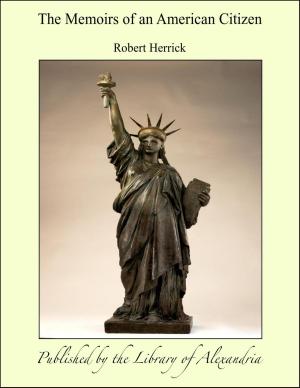The Bride of Messina and On the Use of the Chorus in Tragedy
Nonfiction, Religion & Spirituality, New Age, History, Fiction & Literature| Author: | Friedrich Schiller | ISBN: | 9781465554543 |
| Publisher: | Library of Alexandria | Publication: | March 8, 2015 |
| Imprint: | Language: | English |
| Author: | Friedrich Schiller |
| ISBN: | 9781465554543 |
| Publisher: | Library of Alexandria |
| Publication: | March 8, 2015 |
| Imprint: | |
| Language: | English |
On these grounds I might safely leave the chorus to be its own advocate, if we had ever seen it presented in an appropriate manner. But it must be remembered that a dramatic composition first assumes the character of a whole by means of representation on the stage. The poet supplies only the words, to which, in a lyrical tragedy, music and rhythmical motion are essential accessories. It follows, then, that if the chorus is deprived of accompaniments appealing so powerfully to the senses, it will appear a superfluity in the economy of the drama—a mere hinderance to the development of the plot—destructive to the illusion of the scene, and wearisome to the spectators. To do justice to the chorus, more especially if our aims in poetry be of a grand and elevated character, we must transport ourselves from the actual to a possible stage. It is the privilege of art to furnish for itself whatever is requisite, and the accidental deficiency of auxiliaries ought not to confine the plastic imagination of the poet. He aspires to whatever is most dignified, he labors to realize the ideal in his own mind—though in the execution of his purpose he must needs accommodate himself to circumstances.
On these grounds I might safely leave the chorus to be its own advocate, if we had ever seen it presented in an appropriate manner. But it must be remembered that a dramatic composition first assumes the character of a whole by means of representation on the stage. The poet supplies only the words, to which, in a lyrical tragedy, music and rhythmical motion are essential accessories. It follows, then, that if the chorus is deprived of accompaniments appealing so powerfully to the senses, it will appear a superfluity in the economy of the drama—a mere hinderance to the development of the plot—destructive to the illusion of the scene, and wearisome to the spectators. To do justice to the chorus, more especially if our aims in poetry be of a grand and elevated character, we must transport ourselves from the actual to a possible stage. It is the privilege of art to furnish for itself whatever is requisite, and the accidental deficiency of auxiliaries ought not to confine the plastic imagination of the poet. He aspires to whatever is most dignified, he labors to realize the ideal in his own mind—though in the execution of his purpose he must needs accommodate himself to circumstances.















